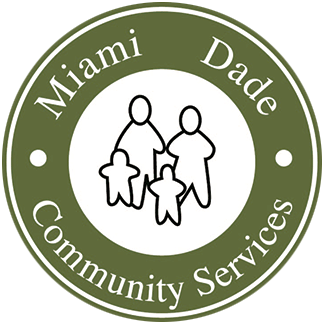Strategies focus on teaching individuals to identify early warning signs and situational triggers and then take actions to prevent exacerbations of symptoms and distress. These include relatives, friends and other support system members to assist in this process. Some strategies are not allow one’s self to get too hungry, too angry, too lonely or too tired (an acronym used in A.A. rooms called H.A.L.T.). A relapse begins when the individual stopped doing what was keeping them clean and sober, placing them in a slippery slope which may eventually lead to them using again. Relapse Prevention is an essential component of any substance abuse treatment modality.
